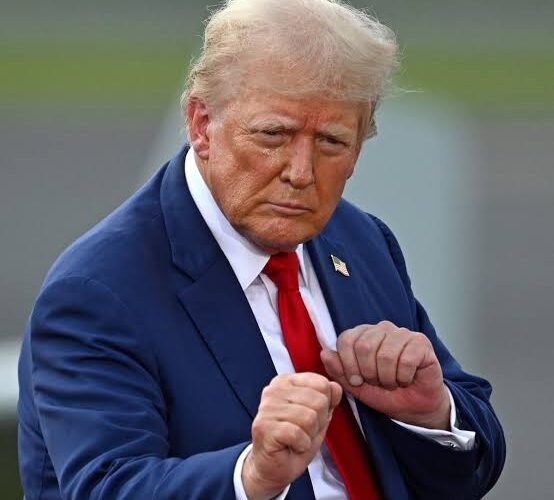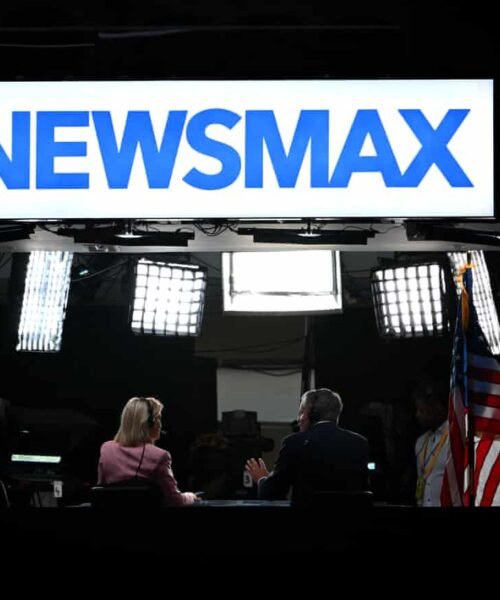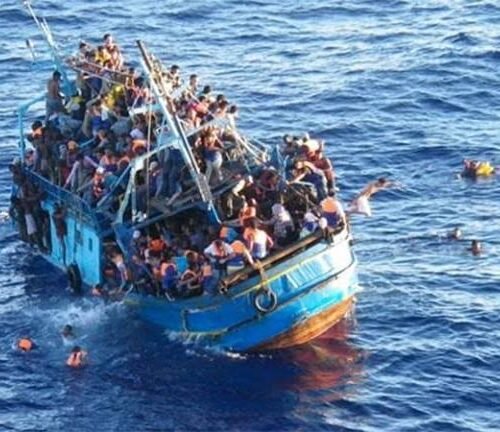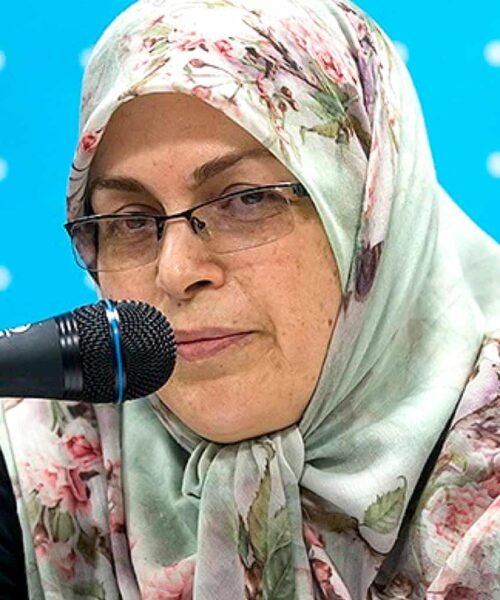*African Countries Targeted, List Out Soon
The U.S State Department has prepared plans to impose bonds as high as $15,000 (about N22,857,000) for some tourism and business visas, according to a draft of a temporary final rule.
The bonds would be issued to visitors from countries with significant overstay rates, under a 12-month pilot program. Many African countries are said to be in the list,soon to be unfurled.
It renews an initiative issued by the first Trump administration in November 2020, the month that Joe Biden defeated Donald Trump in the presidential election.
That rule would have required a $15,000 bond for tourist and business travelers from two dozen countries with 10% or higher overstay rates, mostly in Africa.
The new federal registry notice of the visa bond pilot program is scheduled to be published on August 5 (tomorrow).
“The Pilot Program will enable the Department to assess the operational feasibility of posting, processing, and discharging visa bonds, in coordination with the Department of the Treasury (“Treasury”) and the Department of Homeland Security (“DHS”), and to inform any future decision concerning the possible use of visa bonds to ensure nonimmigrants using these visa categories comply with the terms and conditions of their visas and timely depart the United States,” it states.
The State Department added that it would announce the countries in question at the “Travel.State.Gov” website no fewer than 15 days before the pilot program takes effect. It also said the list might change, again with 15 days’ notice.
Tourists and business travelers would receive their bonds back when they depart the U.S, are naturalized as a citizen or die, according to Department of Homeland Security and Immigration and Customs Enforcement (ICE) regulations.
The original six-month pilot program was never implemented.
The Trump administration has cracked down on immigration to the U.S, including terminating temporary protected status for many people living in the U.S, and banning immigration visas outright for 12 countries.
The State Department last month also unveiled new guidance directing U.S diplomats to review the online activity of foreign students before issuing educational and exchange visas.
Students who refuse to unlock their social media profiles will be suspected of hiding the activity from U.S officials.



















